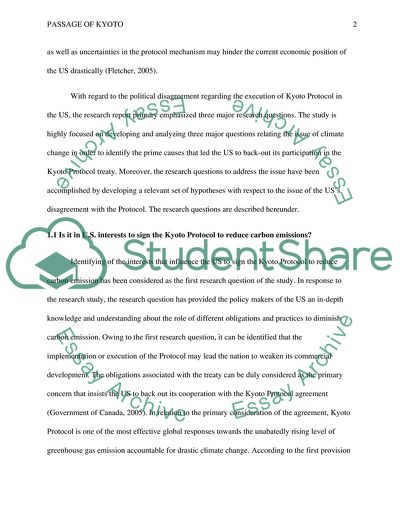Cite this document
(“Passage of Kyoto Essay Example | Topics and Well Written Essays - 3500 words”, n.d.)
Retrieved from https://studentshare.org/social-science/1655441-passage-of-kyoto
Retrieved from https://studentshare.org/social-science/1655441-passage-of-kyoto
(Passage of Kyoto Essay Example | Topics and Well Written Essays - 3500 Words)
https://studentshare.org/social-science/1655441-passage-of-kyoto.
https://studentshare.org/social-science/1655441-passage-of-kyoto.
“Passage of Kyoto Essay Example | Topics and Well Written Essays - 3500 Words”, n.d. https://studentshare.org/social-science/1655441-passage-of-kyoto.


